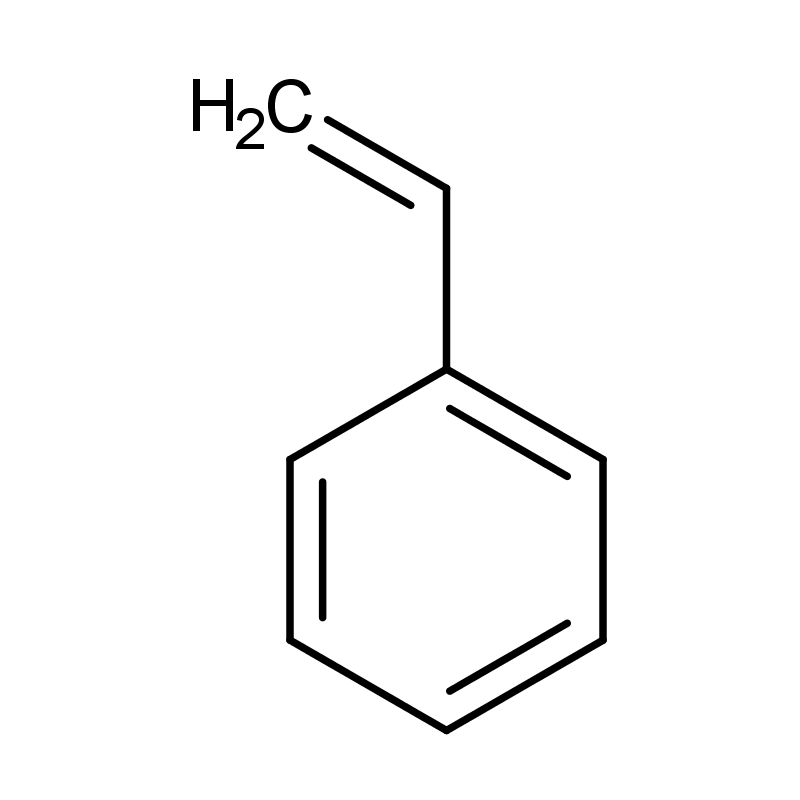-
Categories
-
Pharmaceutical Intermediates
-
Active Pharmaceutical Ingredients
-
Food Additives
- Industrial Coatings
- Agrochemicals
- Dyes and Pigments
- Surfactant
- Flavors and Fragrances
- Chemical Reagents
- Catalyst and Auxiliary
- Natural Products
- Inorganic Chemistry
-
Organic Chemistry
-
Biochemical Engineering
- Analytical Chemistry
-
Cosmetic Ingredient
- Water Treatment Chemical
-
Pharmaceutical Intermediates
Promotion
ECHEMI Mall
Wholesale
Weekly Price
Exhibition
News
-
Trade Service
In theory, biodegradable mulch film can be degraded by soil microorganisms and eventually generate carbon dioxide and water, which will not cause harm to the soil ecological environment.
Exploring the microbiome transformation potential and degradation mechanism of biodegradable plastic film in soil has important practical significance for evaluating the ecological security and regional adaptability of biodegradable plastic film, and has important scientific guiding significance for the development of soil plastic film residual pollution control and restoration technology
Teng Ying, a researcher at the Nanjing Institute of Soil Sciences, Chinese Academy of Sciences, took the polyester material polyadipate/butylene terephthalate (PBAT), which is widely used in biodegradable plastic films, as the object.
The results showed that there were significant differences in the degradation ability of PBAT among different types of soil.
This study revealed that the enrichment of PBAT-degrading bacteria and the abundance of key genes for PBAT degradation are the key driving forces that cause the difference in the ability of different types of soil to degrade PBAT, and the microbiome degradation mechanism of degradable agricultural film in soil was analyzed.
The research results were published in Environmental Science & Technology







